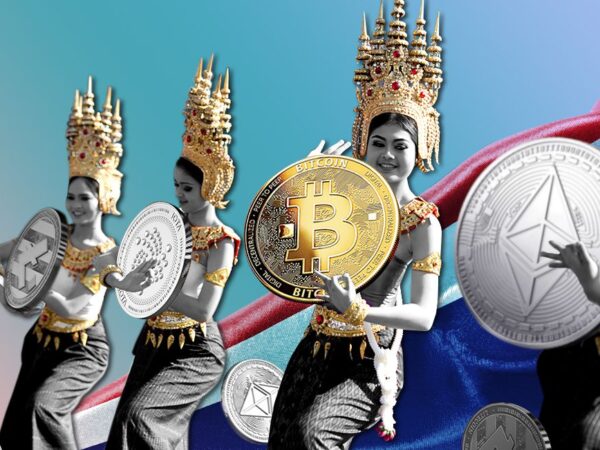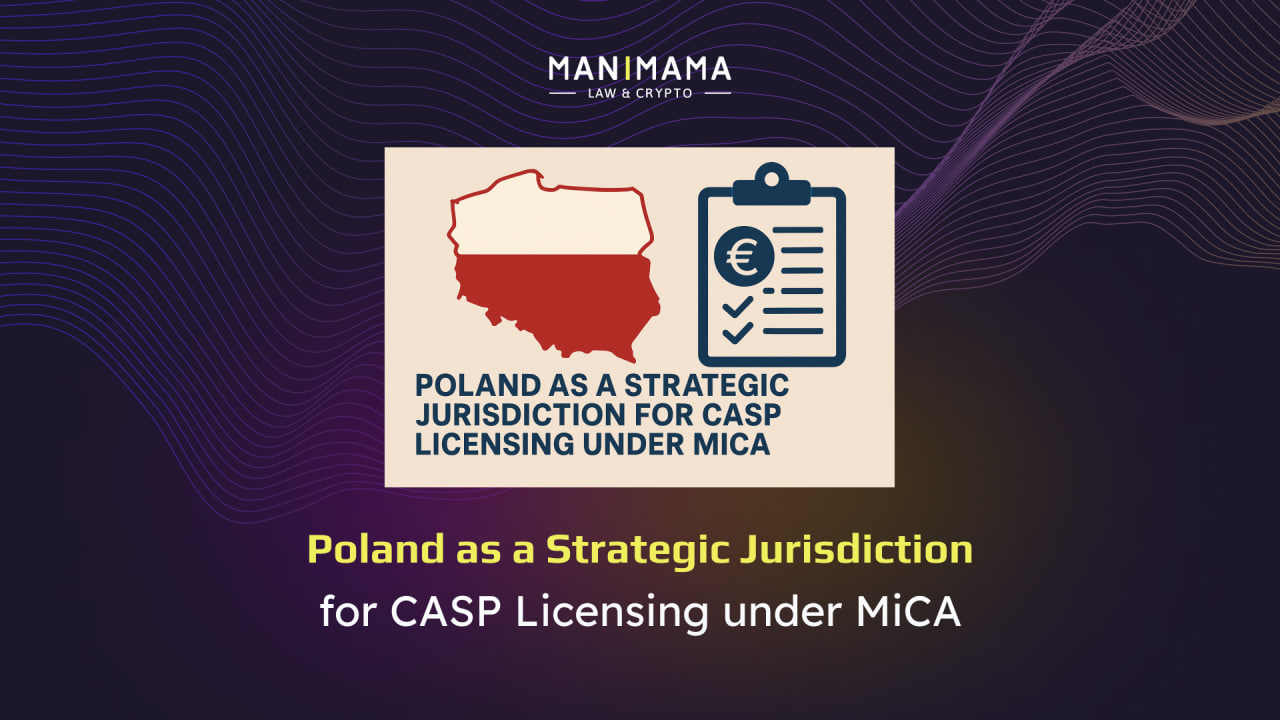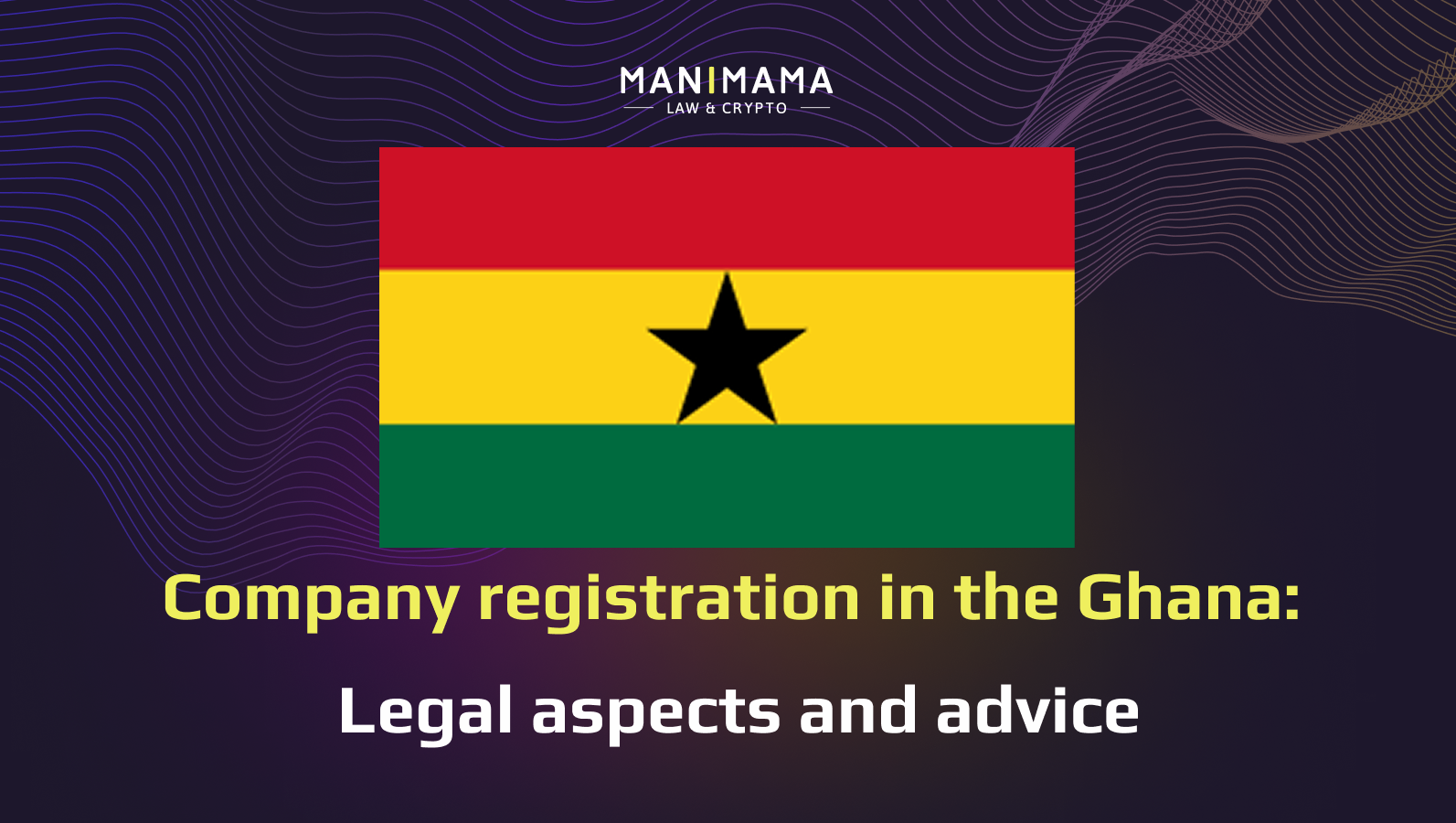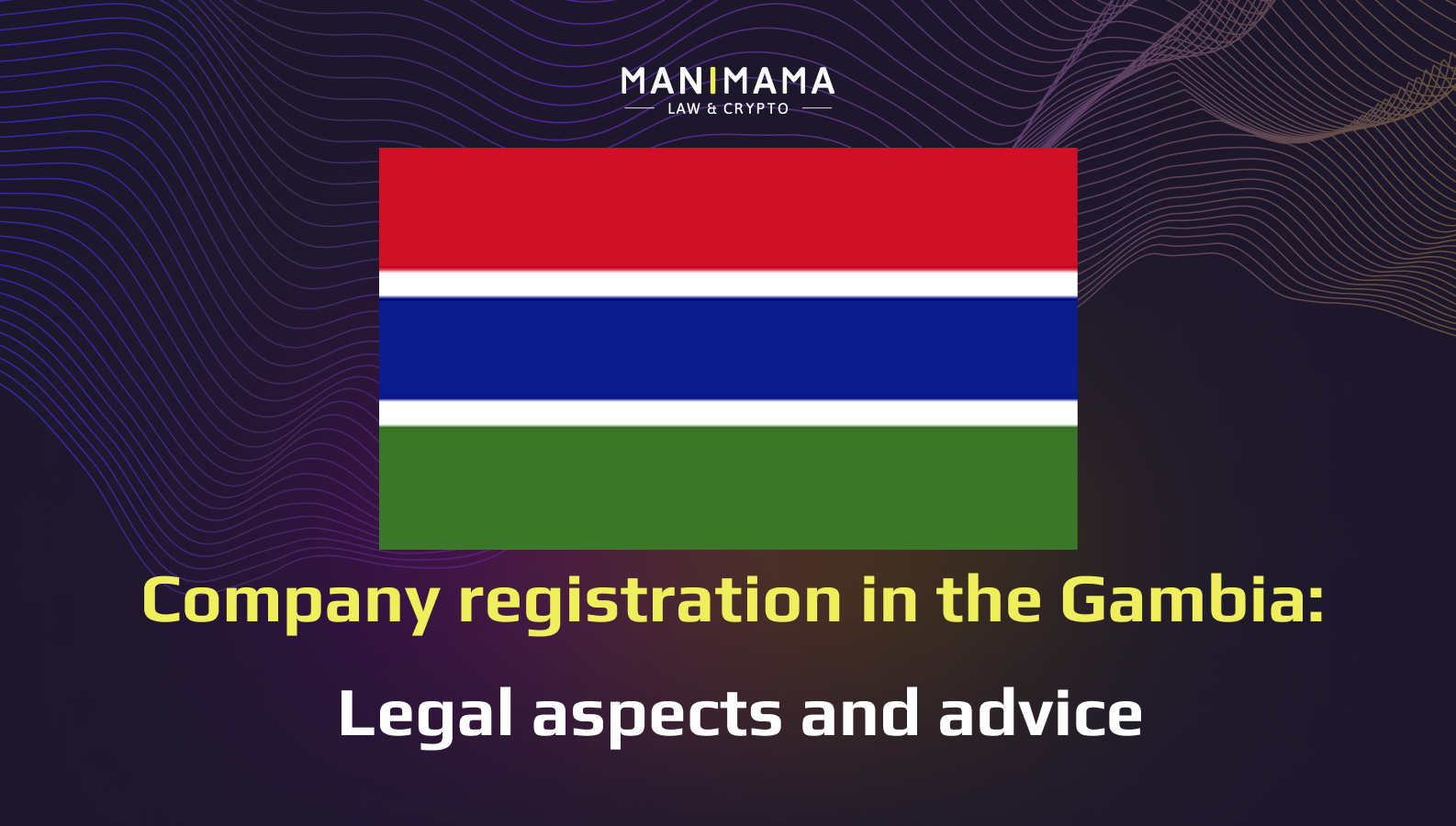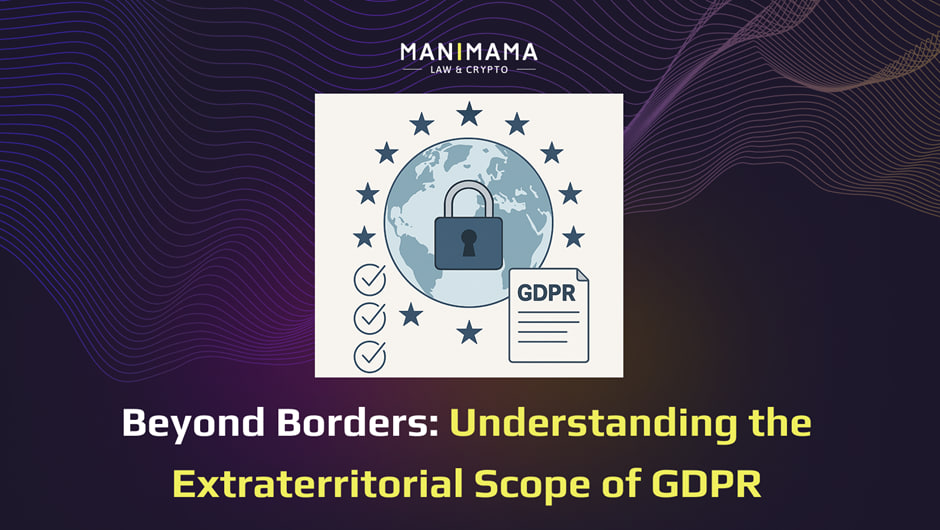Thailand is one of the first countries in Asia to pass legislation concerning digital assets.
It all started in 2018, when a fintech company in Thailand was able to raise funds from the public with digital tokens before laws and regulations were passed that would regulate these activities at the state level.
REGULATORY FRAMEWORK
As we know, cryptocurrency is not legal currency or legal tender in Thailand. But despite this, on May 14, 2018, the Emergency Digital Asset Business Decree B.E. 2561 (Digital Asset Decree; hereinafter referred to as «DAD») was passed, which aims to regulate initial coin offerings (hereinafter referred to as «ICOs») in Thailand and oversee companies that engage in digital asset businesses. According to the DAD, cryptocurrencies and other digital tokens are considered «digital assets».
Cryptocurrency is defined as «an electronic data unit created in an electronic system or network for the purpose of use as a medium of exchanging goods, services or other rights, or exchanging between digital assets». Cryptocurrencies such as Bitcoin, Ethereum, Ripple and Stellar have been approved in Thailand since 2018.
On March 3, 2022, the Securities and Exchange Commission of Thailand (hereinafter referred to as «SEC») passed a regulation that banned business operators of digital assets from using digital assets as a means of payment for goods and services starting April 1, 2022.
A digital token means «an electronic data unit created in an electronic system or network for the purpose of determining a person’s right to participate in an investment in a project or business, or to acquire specific goods, services or other rights by agreement between the issuer and the holder». Digital tokens are divided into two types: investment tokens and utility tokens.
In 2021, the SEC announced a ban on certain digital assets, preventing them from being traded on digital asset exchanges in Thailand: meme tokens (e.g., Dogecoin); fan tokens (e.g. those associated with soccer teams); non-fungible tokens (hereinafter referred to as «NFTs») (e.g. they can be used to represent items such as photos, videos, audio and other types of digital files).
The rules for security token offering (hereinafter referred to as «STO») in Thailand are unclear, as the government has not decided how it should be regulated.
ANTI-MONEY LAUNDERING REQUIREMENTS
Thailand’s legal framework for the prevention of operations aimed at concealing the illicit origin of funds is contained in the Anti-Money Laundering Act B.E. 2542 of 1999 (hereinafter referred to as «AMLA») and the Counter Terrorism and Proliferation of Weapons of Mass Destruction Financing Act B.E. 2559 of 2016 (hereinafter referred to as «CFTA»).
The DAD regulates business operators who are middlemen in the crypto-asset market. They are divided into these types:
- a digital asset exchange (e.g., BITKUB);
- a broker of digital assets (e.g. KULAP);
- a digital asset dealer (e.g., Coins TH);
- other digital asset businesses.
The DAD also states that a business operator of digital assets is considered a financial institution under the AMLA.
The Thai Anti-Money Laundering Office (hereinafter referred to as «AMLO») announced that starting in July 2021, local digital exchanges must verify the identity of their customers using a “microchip” machine that requires customers to be physically present before opening new cryptocurrency accounts or making new transactions.
The AMLA states that when a transaction is made by a financial institution, the financial institution shall have the duty to report the transaction to the AMLO when it appears that the transaction is:
- a cash transaction exceeding the threshold prescribed in the Ministerial Regulation;
- a transaction connected with the asset worth more than the value prescribed in the Ministerial Regulation;
- a suspicious transaction.
LICENSING
The Sec, the Bank of Thailand (hereinafter referred to as «BOT»), the Ministry of Finance (hereinafter referred to as «MOF») are regulating fintech and developing the regulatory framework for ICOs in Thailand.
ICOs can be done by Thai private/public limited liability companies with an authorized capital of at least THB 5 million (approximately 140000 euros). The issuer must obtain approval and submit a prospectus and application for registration of the ICO in Thailand to the SEC before offering the coins. If the application or prospectus contains false information, the issuer will be subject to civil and criminal responsibility. The offering of digital tokens must be done through an ICO Portal. An ICO Portal is a provider of an electronic system for facilitating the offering of newly issued digital tokens. The ICO portal’s duties include performing due diligence on the characteristics of digital tokens to be offered and qualifications of issuer, and ensuring completeness and accuracy of information contained in the registration statements, draft prospectus or any other information to be disclosed through the portal.
In Thailand, there are ICO portals such as Longroot, T-BOX and SE Digital.
A license for cryptocurrency exchange is issued to Thai companies that have a physical address for registration, mailing and office – at least a virtual one.
For successful registration and licensing, it is necessary to:
- hire at least one director who is not “involved” in criminal offenses or bankruptcy cases;
- have a share capital of at least 3 shareholders;
- open an account in a Thai bank (preferably in Bangkok) and deposit 5000 dollars or euros;
- provide a package of documents confirming technical capacity, compliance with AML and CFT rules.
TAXATION
- Withholding Tax (hereinafter referred to as «WHT»). All income derived from trading in digital assets is taxed at 15%. This applies to both individuals (residents and non-residents) as well as foreign companies or legal entities who do not conduct business in Thailand but receive taxable income paid from or in Thailand. If the transaction is made through SEC and MOF approved digital asset exchanges, the payer does not need to deduct WHT Tax.
- Personal Income Tax (hereinafter referred to as «PIT»). Profits received from digital assets are subject to a PIT of up to 35%.
- Corporate Income Tax (hereinafter referred to as «CIT»). The CIT rate is 20%.
- Value added tax (hereinafter referred to as «VAT»). The VAT rate is 10%, but is currently reduced to 7% until September 30, 2023.
In 2022, the government officially introduced a VAT exemption for digital asset transfers. The VAT exemption applies to transactions made between April 1, 2022 and December 31, 2023.
RESULTS
In general, Thailand has a regulatory framework that aims to regulate cryptocurrency and tokens. Still, cryptocurrency is not considered a legal currency and is not a means of payment in Thailand. The DAD clearly defines the main terms (e.g. “cryptocurrency”, “digital token”), as well as the ICO procedure, civil and criminal responsibility. The AML affects financial institutions associated with digital assets and includes a procedure that requires customers to be present in person before opening new accounts or making transactions.The rules for the taxation of digital assets are constantly being reviewed and amended, but so far there are WHT, PIT, CIT, VAT. In the future, there are plans to introduce Specific Business Tax (hereinafter referred to as “SBT”), which will replace VAT for some types of digital assets.
The content of this article is intended to provide a general guide to the subject matter, not to be considered as a legal consultation.
Credits bank

